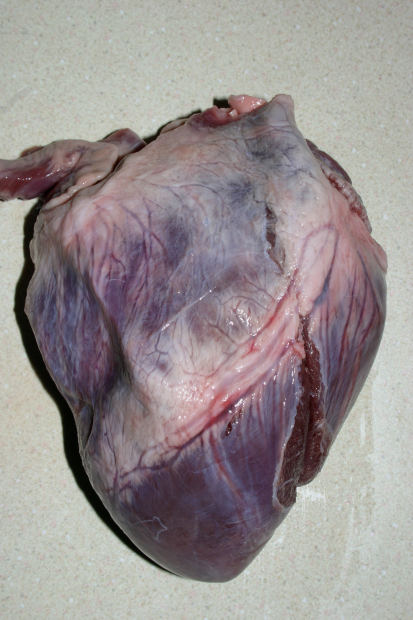 Close Topic Options
Close Topic OptionsHeart Disease
Heart Disease - Psychology, Special Needs, Health - Posted: 17th Aug, 2016 - 4:06pm
Disease Heart
The Cardiologist is probably right. First, you can tell a person what a heart attack feels like, but until they have experienced one they won't know. So if it's a light attack they put off doing something until it's too late. If it's a severe attack they don't know what hit them anyway.
| Rather off topic, but... I was very lucky. I'll always believe my survival had a lot to do with the shape I was in physically. I was irrigating in plowed ground 12 to 14 hours a day and spent all that time either walking or shoveling. I was as tough as I have ever been. One early spring morning I sat down to bacon and eggs before a long day in the field. I took two bites and I couldn't get my breath. I inhaled, but I couldn't feel the air reach my lungs. I stepped outside the back door and I could feel the cool air in my lungs, so I decided there was nothing wrong and sat down to breakfast again. I didn't get another bite before the sensation hit me again, so I went back outside. Furrows had to be cut and 28 acres of trees had to have water, so I decided to just skip breakfast and go to work. Trust me, denial isn't a river in Egypt. I denied and survived, but I was very lucky. |
My advice is if you're 38 or 40 years old, whether you have the slightest suspicion you might be in trouble, go to a cardiologist and have your heart tested. It's totally non-invasive done with machines that can look inside your body. Today they have drugs that are like a magic bullet compared to what I took in 1980. A drug I take called Crestor has cleaned all the junk out of my veins and arterys.
The time and money you spend could very well save your life.
Disease Heart
200000 Die A Year From Preventable Heart Disease Stroke
About a quarter of the deaths each year from heart disease and stroke in the United States are preventable, according to a new report from the Centers for Disease Control and Prevention (CDC).
Source
Disease Heart
Heart Disease Stroke Continue To Threaten US Health
Heart disease and stroke remain two of the top killers of Americans and pose a significant threat to millions of others, according to the American Heart Association's Heart Disease and Stroke Statistical Update 2014.
Source
Heart Disease
Male general practitioners more likely to consider heart disease a 'man’s issue'
Male general practitioners (GPs) are more likely to consider heart disease a “man’s issue” and neglect to assess cardiovascular risk in female patients, reports a study of 52 GPs and more than 2200 patients. Ref. Source 6x.
 TOPIC: Heart Disease
TOPIC: Heart Disease The most likely way you will die...
The most likely way you will die...